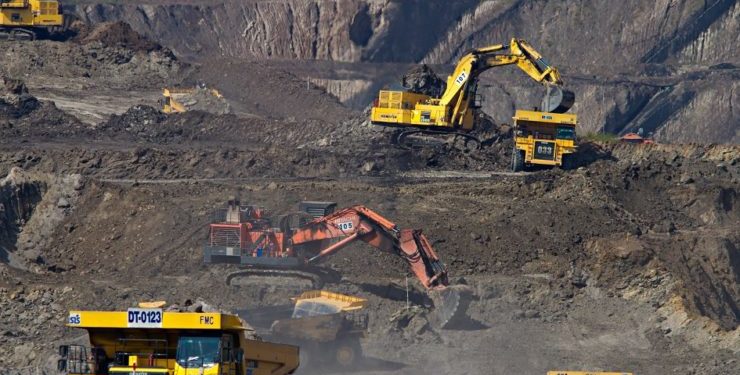Africa Business+ and EY ranks Africa’s 30 best mining companies based on achieved local impact
A maximum score of 100 is awarded to the company with the highest number of jobs for nationals, while the scores for the other companies are awarded in proportion to their number of jobs for nationals
Africa Business+ in collaboration with Ernst & Young (EY) has developed the “30 Mining Impact Champions” Ranking – a new ranking of mining companies on the African Continent that have had significant local economic impact in the African regions in which they operate.
The ranking also evaluates the rising importance of ESG (environmental, social, and governance) factors in the mining sector.
This is the major trend in the mining sector today: ESG (environmental, social and governance). Whatever the company and whatever the country, it is now impossible for a mining firm to ignore the economy in which it operates and its immediate environment, from the government to the communities around it, via the local authorities. Without their consent, there can be no “social license to operate” – the key to maintaining a long-term business.
According to Moez Ajmi, partner at EY, “This first-ever ranking of mining companies according to their economic impact will make it easier to understand the orders of magnitude of the local contribution made by mining investors and to compare them with each other”.
This annual ranking aims to analyse developments and identify trends and significant changes in the sector.
The ranking is all the more valuable because, in Africa, where expectations are immense, mining operators are often accused of plundering resources and not contributing enough to the growth of the territory they operate in.
The spotlight is now more than ever on these operators, as the continent abounds in strategic minerals for the energy transition, making this “social license to operate” more necessary than ever.
Classic minerals and industry giants in the lead
South African groups account for 45% of the contributions to the Top 30, while the ratio of Chinese companies is much lower. None of the la]er made it into the Top 10. Few Chinese groups appear in our ranking except leaders in the Copperbelt: CMOC, CNMC, and MMG (majority-owned by China Minmetals).
The continent’s mining giants occupy the top spots by the scale of their financial contribution and the number of employees needed to operate their assets. Anglo-American, Glencore, Barrick Gold Corp, OCP, First Quantum Minerals, Sibanye Stillwater and Anglogold Ashanti all feature in our Top 30.
So it’s also a case of multiple assets: only some companies are in the ranking with just one mine in operation. And of the size of investments: the largest producers stand out. Other factors, including the level of local taxation or the ESG rules companies impose on themselves may also play a role.
Furthermore, while the minerals of the energy transiEon, in particular lithium, are at the heart of economic and geopolitical concerns worldwide, it is the producers of Africa’s more ‘traditional’ resources – even if some of them also play a part in the energy transiEon – that top our ranking. Gold, copper, platinum, bauxite, and even coal all feature prominently. This situation will likely change over time, with projects in critical minerals set to multiply over the next few years.
Lastly, being a major contributor does not exempt one from being suspected of wrongdoing about these same contributions. Among those listed are several companies accused, and in some cases convicted, of corruption, tax evasion, and maneuvering to pay lower royalties.
Ranking


Methodology
The methodology involved analysing the latest available Extractive Industries Transparency Initiative (EITI) reports for member African countries, supplemented by information obtained from company reports for non-member states, including South Africa, Morocco and Botswana.
The economic impact has been divided into three categories. The ranking was established based on budgetary contributions (taxes and royalties paid into the state budget), social contributions (funding for equipment or projects for communities living near mining operations), and finally, the employment of nationals.
We have removed from the ranking companies for which only one of the three data items was available.
The economic impact index was then calculated as follows:
– A maximum score of 100 is awarded to the company with the highest total direct budgetary and social contributions, the scores of the other companies being awarded in proportion to their budgetary and social contributions;
– A maximum score of 100 is awarded to the company with the highest number of jobs for nationals, while the scores for the other companies are awarded in proportion to their number of jobs for nationals;
– A weighting of 80% for budgetary and social contributions and 20% for local employment was then applied to calculate the economic impact index.
Source:norvanreports


